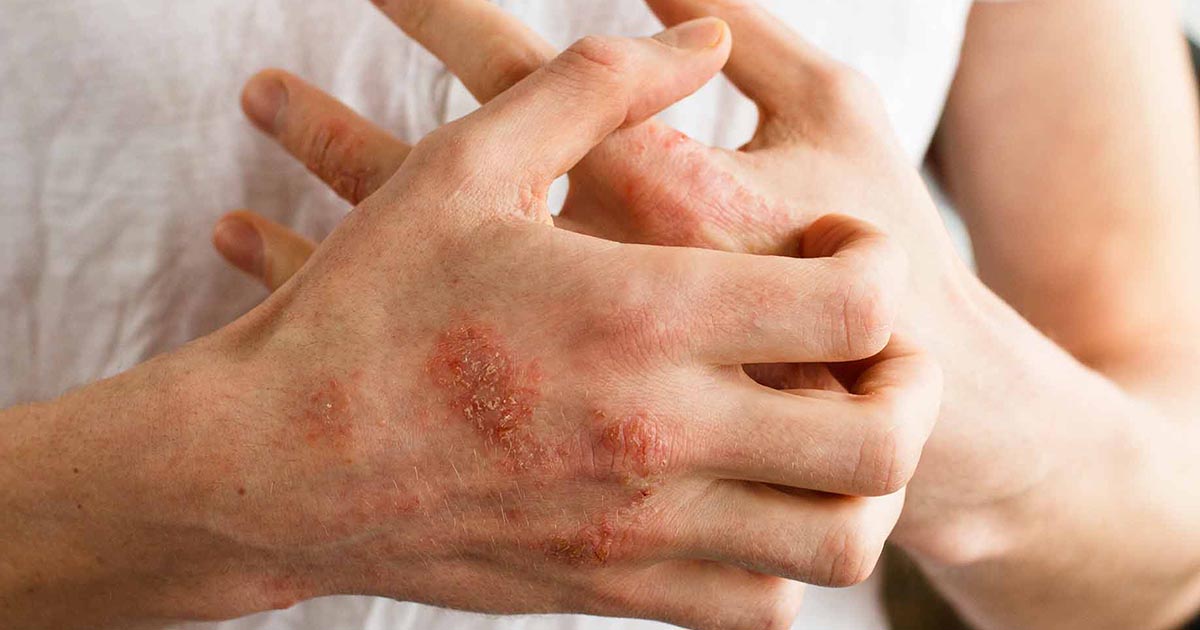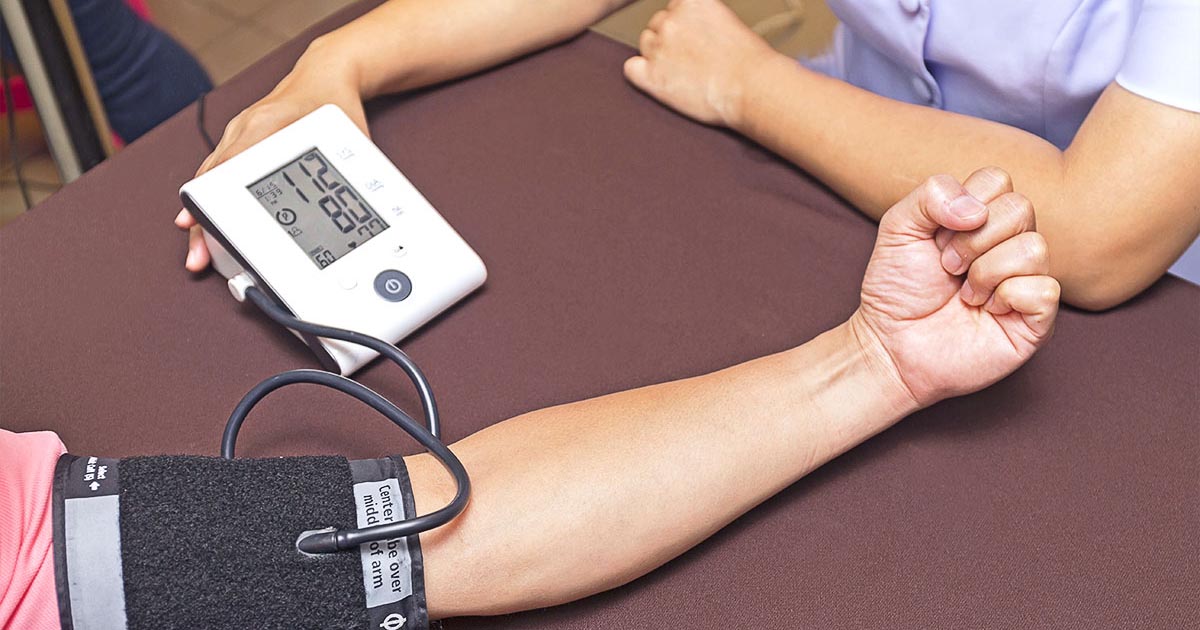How Weather Changes Affect Health
Eczema

Eczema is an umbrella term used for a group of medical conditions that irritate or inflame the skin, such as psoriasis. There are quite a few different causes of eczema and ways to exacerbate symptoms, but one of the most common is the dry, cold air of winter. The lack of moisture in the air as well as the cold temperature first causes the skin to dry, which for individuals with eczema can result in cracked and bleeding skin, as well as red blotches upon using lotions to help bring moisture back if the air had enough of an impact. Warm and moist air, or even just warm air, can alleviate many symptoms of eczema. It can do this to a point where during the late spring and throughout the summer, an individual with eczema may not experience any symptoms whatsoever.
Blood Pressure

Whether an individual realizes it or not, the weather and specifically, the temperature outside, influences blood pressure. As mentioned previously, blood vessels tend to tighten during the winter due to the cold. This forces the heart to work harder to move blood through the body’s veins, which typically results in higher blood pressure. However, when the weather starts to warm again, the blood vessels will expand, which means it takes less effort from the heart to pump blood throughout the body, and thus results in lower blood pressure. For the most part, the changes in blood pressure are subtle and are no cause for worry, but for an individual who has issues with blood pressure, such as hypertension or hypotension, they may wish to consult with their primary doctor to determine the best course of action to manage their situation.
